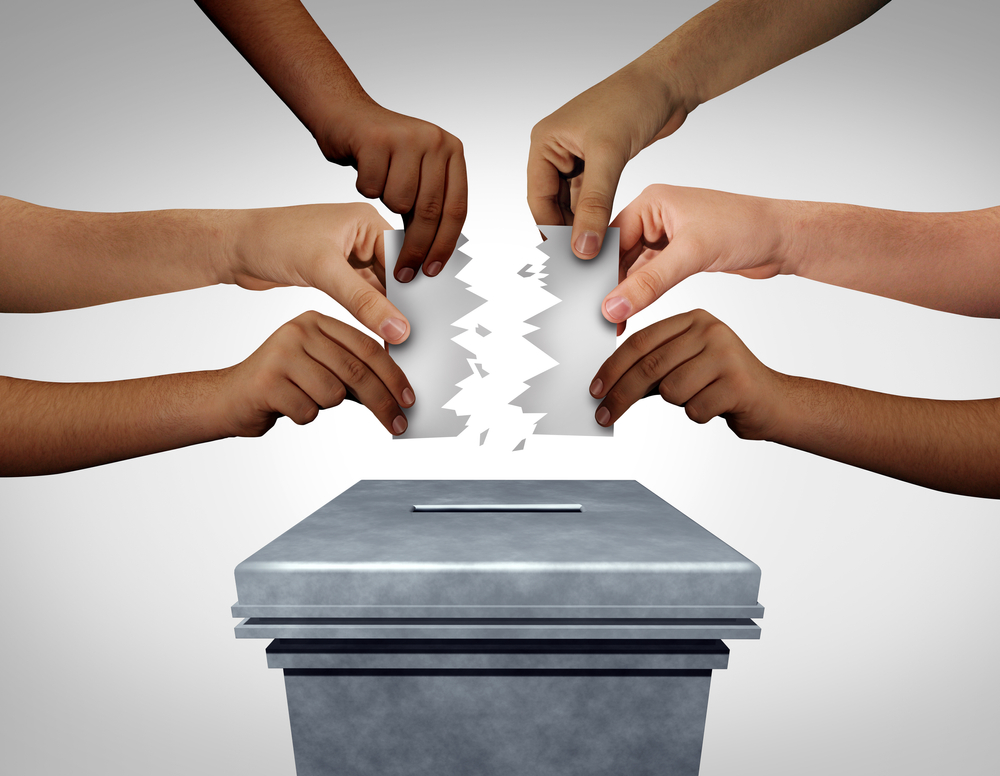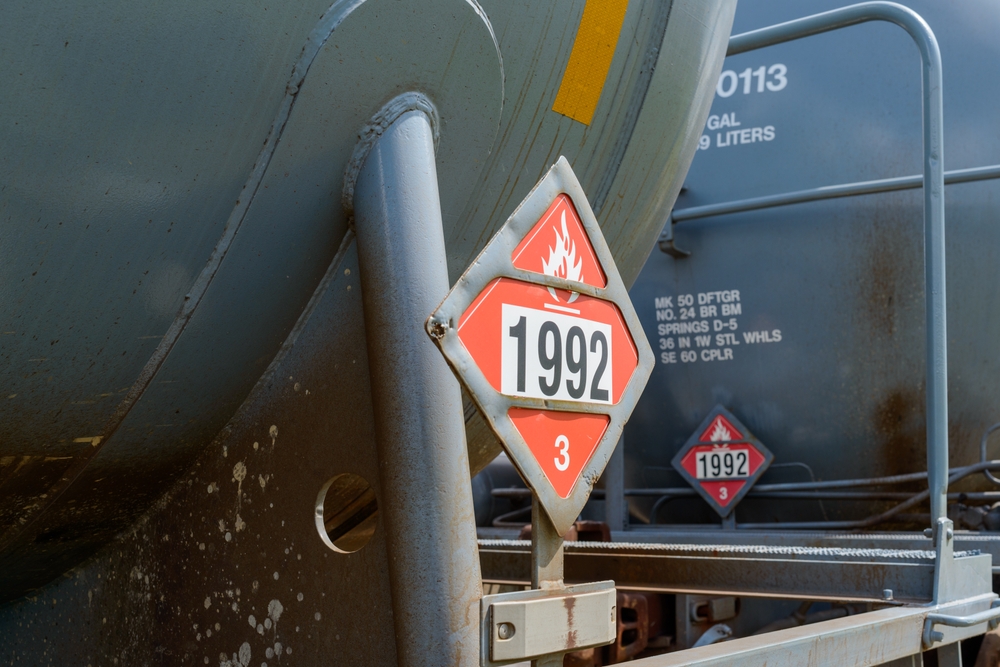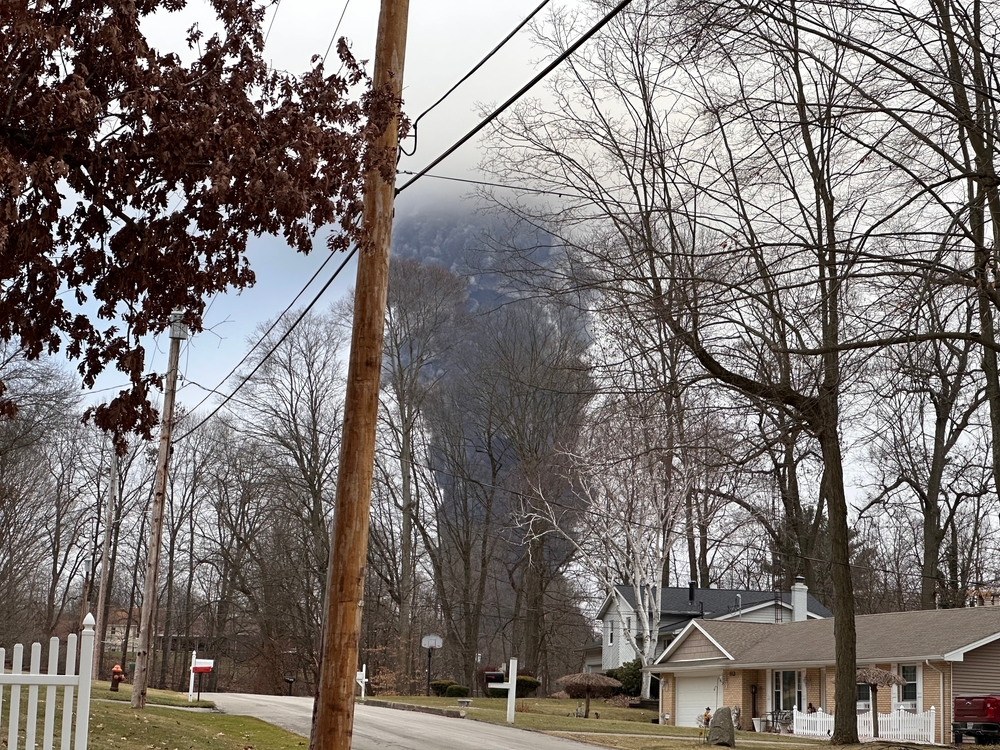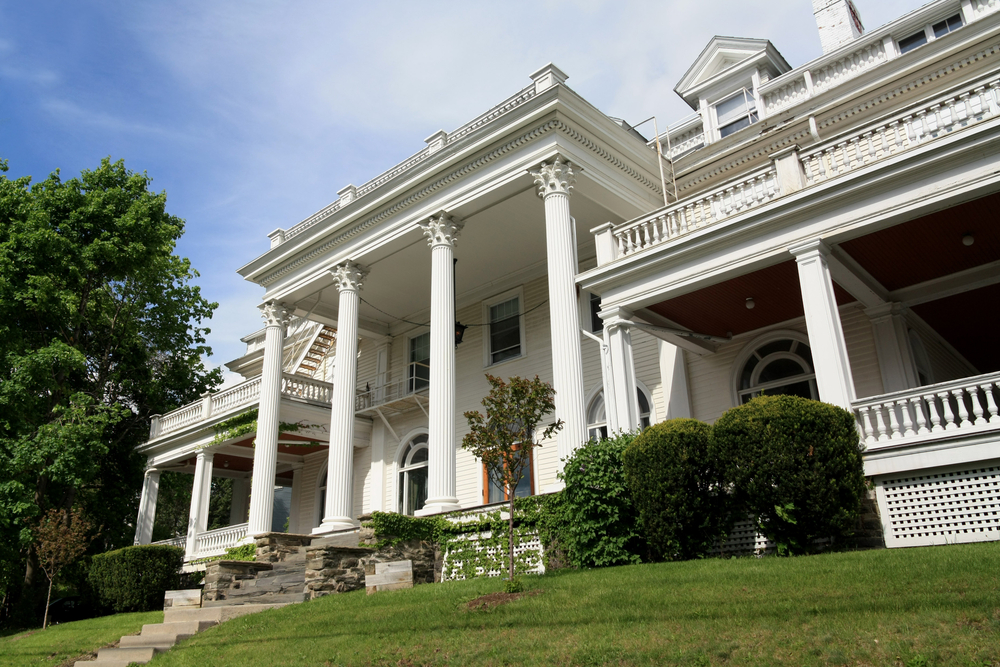The Supreme Court issued its decision on Thursday, July 1, on the controversial Arizona voting restrictions that could make it more challenging for minorities to cast a ballot. The ruling was 6-3, along political, ideological lines. Justice Samuel Alito wrote the decision for the majority. According to the Supreme Court conservative justices, both provisions of the Arizona voting law do not violate the 1965 Voting Rights Act, which bans voting regulations that result in racial discrimination, upholding both limitations.
In the decision, Justice Alito wrote that just because voting may be "inconvenient for some” doesn’t mean that access to voting is unequal. He continued, "the mere fact that there is some disparity in impact does not necessarily mean that a system is not equally open or that it does not give everyone an equal opportunity to vote."
A law professor at the University of California and leading expert of voting rights, Richard Hasen, shared with NPR, "Justice Alito was trying to turn back the clock on voting rights many decades." Hasen continued, "I think it's fair to say that all of the major paths to challenging voting rules in federal court have been severely cut back."
Arizona’s Voting Law Limitations
According to the decision by the Supreme Court, two provisions of an Arizona voting law do not violate the 1965 Voting Rights Act. One bans the collection of absentee ballots by anyone who was not a direct relative or a person providing care. Arizona officials instructed Supreme Court justices that "prohibiting unlimited third-party ballot harvesting is a commonsense means of protecting the secret ballot.”
Opponents to this limitation argue that ballot collectors are necessary for some large, remote and rural areas in Arizona. For example, in the case of the Navajo Nation, ballot collectors are used due to the large nature of the area, which has few postal routes, few post offices and few people with cars. These voters often have very few options for returning their ballots. The Navajo Nation is roughly the size of West Virginia.
Other states have enacted limitations on who can collect ballots when fraudulent practices have been uncovered. In the case of Arizona, the 9th Circuit Court found no evidence of fraud in the electoral system.
The second limitation on Arizona’s election laws rejects ballots cast in the wrong precinct. In scenarios where this applies, voters who go to the incorrect precinct would be directed to the correct precinct but permitted to cast a provisional ballot at the incorrect precinct. This limitation was established to prevent people from voting multiple times.
Opponents to this limitation argue that it directly targets those who may vote at an incorrect precinct for their address. Minorities are known to move frequently, and opponents argue that when minorities move, they may not know the location of their new precinct. Should they vote at an incorrect precinct, their ballot would be destroyed instead of being counted.
Supreme Court Ruled on Voting Rights Act in 2013
In 2013, the Supreme Court struck down Section 4(b) in Shelby County, Alabama v. Holder, Attorney General, et al., ruling that Section 4(b) was unconstitutional. This section of the Voting Rights Act determines which parts of the country must receive pre-clearance before election laws can be changed.
“Section 4’s formula is unconstitutional in light of current conditions,” Chief Justice John Roberts wrote in the decision at the time. “Coverage today is based on decades-old data and eradicated practices.” It is important to note that the formula used relies on election data from 1972.
Section 5 was also at play. It is part of the Voting Rights Act that allows areas with a history of racial discrimination to receive pre-clearance from the Department of Justice (DOJ) or a federal court before changing any voting law. Because the Supreme Court did not rule on Section 5, the DOJ still has the authority to decide which areas require preclearance when changing election laws.
What’s Next For Voting Rights?
Experts believe that several Republican-led states are considering more restrictive election laws. Several of these states are encouraged by unfounded claims of widespread voter fraud during the 2020 Presidential election where former President Donald Trump was unseated. Like Arizona, Democrats are fighting court battles in Georgia and Texas to attempt to reduce voting restrictions. Should these states be successful at changing election laws, more Republican-led states may consider additional limits on election laws.
In June 2021, the Brennan Center for Justice reported that 389 new voting laws had been proposed in 48 states since the 2020 presidential election. Out of a potential 389 new voting laws, 22 have been enacted. These 22 new laws were enacted in 14 different states.
As the country continues to become polarized, more states are exploring changing and updating election laws. Depending on which political party is in charge of the state, restrictions and lifting of restrictions are possible.














